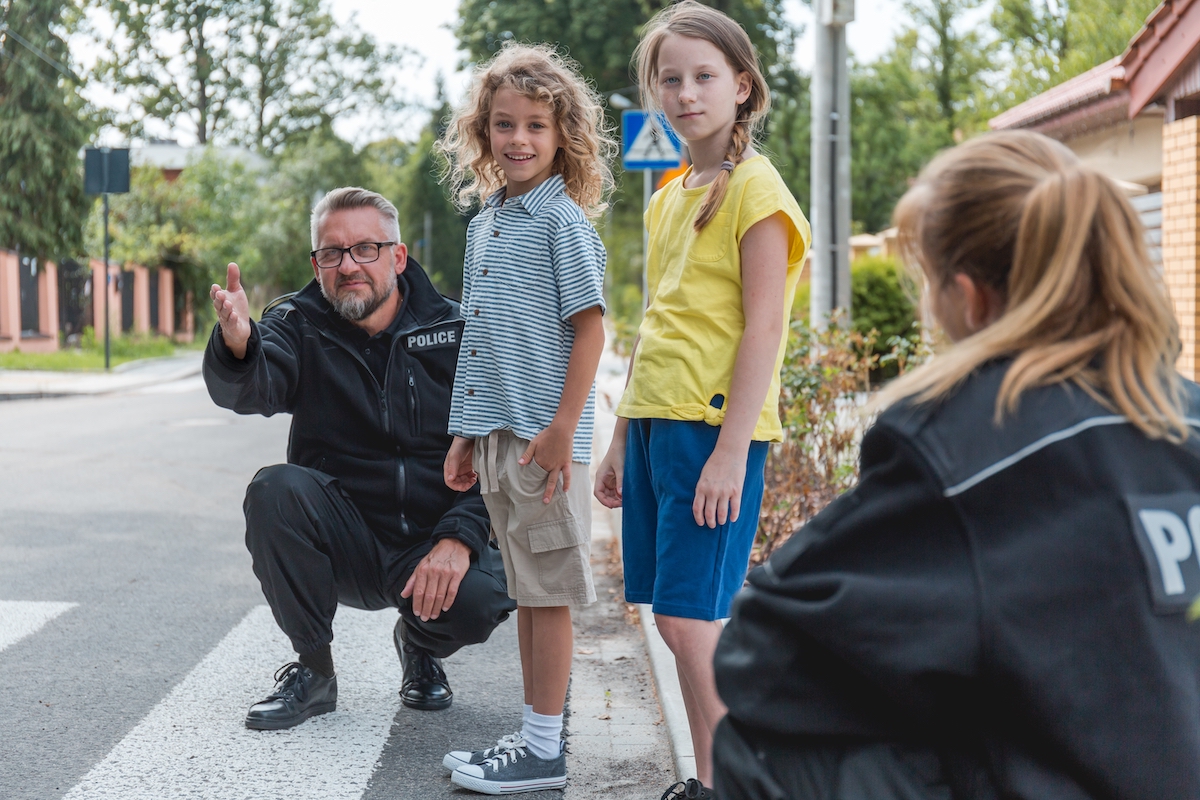In today's world, ensuring the safety of students within K12 schools is of utmost importance. To achieve this goal, schools often employ various professionals dedicated to maintaining a secure environment. Two vital roles in this context are School Resource Officers (SROs) and Safety Coordinators. While their objectives overlap to some extent, it is essential to recognize that each role has distinct responsibilities and functions. In this blog, we will explore the differences between SROs and Safety Coordinators, focusing on the perspective that SROs cannot effectively coordinate an emergency if they are simultaneously responding to it.
Understanding School Resource Officers (SROs)
School Resource Officers (SROs) are sworn law enforcement officers who work within educational settings. They bring the expertise of law enforcement to the school community, serving as a liaison between the institution and the police department. SROs typically have specific duties such as:
- Building Relationships: SROs establish positive relationships with students, staff, and parents, fostering trust and open lines of communication.
- Prevention and Intervention: They actively engage with students, providing education on various topics, including drug abuse, bullying, and conflict resolution. SROs often act as mentors and role models.
- Law Enforcement: When necessary, SROs enforce laws within the school premises, addressing any criminal activity or safety threats promptly.
The Role of Safety Coordinators
Safety Coordinators, on the other hand, focus primarily on implementing and coordinating safety protocols and emergency response plans within schools. Their role is more administrative and strategic in nature, involving the following responsibilities:
- Policy Development: Safety Coordinators work closely with school administrators, staff, and local authorities to develop comprehensive safety policies and procedures that align with legal requirements and best practices.
- Emergency Planning: They create, update, and oversee emergency response plans, including evacuation procedures, lockdown protocols, and communication strategies.
- Training and Preparedness: Safety Coordinators organize and conduct training sessions for staff and students, ensuring they are familiar with emergency protocols and can respond effectively during crises.
- Risk Assessment: They regularly assess potential hazards within the school environment, conduct drills and simulations, and identify areas that require improvement to enhance safety.
The Challenge of SROs as Emergency Responders
One critical aspect to consider is that SROs are often armed law enforcement officers responsible for maintaining order and responding to emergencies within the school. However, their primary role as responders can potentially hinder their ability to coordinate emergency situations effectively. Here are some reasons why this challenge arises:
- Split Focus: When SROs are actively involved in responding to an emergency, their attention and energy are directed towards addressing the immediate threat. This leaves them with limited capacity to simultaneously oversee the coordination of the overall emergency response.
- Knowledge and Expertise: While SROs receive training in handling emergencies, their expertise typically lies in law enforcement and individual response tactics. Safety Coordinators, however, possess specialized knowledge in emergency management, including incident command systems, communication protocols, and resource allocation.
- Effective Coordination: Coordinating a multifaceted emergency response requires a systematic approach, clear communication, and the ability to make critical decisions swiftly. Safety Coordinators are trained to handle such complex scenarios, ensuring the right resources are deployed, appropriate communication channels are established, and a well-coordinated response is executed.
In summary, both SROs and Safety Coordinators play crucial roles in maintaining school safety. SROs bring law enforcement expertise and act as mentors, while Safety Coordinators focus on planning, policy development, and coordinating emergency responses. While SROs are invaluable in their ability to respond to immediate threats, it is essential to recognize the challenges they face when simultaneously coordinating emergency situations. This is where the role of Safety Coordinators becomes particularly vital.
Safety Coordinators possess specialized knowledge and training in emergency management, allowing them to develop comprehensive plans, conduct risk assessments, and coordinate various stakeholders during crises. Their expertise in incident command systems, communication protocols, and resource allocation enables them to orchestrate a well-coordinated response that maximizes the safety of students and staff.
To ensure the most effective response during emergencies, it is crucial for schools to have both SROs and Safety Coordinators working together as a collaborative team. SROs can focus on their immediate response duties, while Safety Coordinators take charge of coordinating the overall emergency plan, ensuring the proper allocation of resources, communication with relevant parties, and the implementation of established protocols.
By recognizing and respecting the distinctions between these two vital roles, schools can enhance their preparedness, response, and overall safety. It is through the combined efforts of SROs and Safety Coordinators that schools can create a secure and nurturing environment that allows students to thrive academically and personally while feeling protected and supported.
Remember, school safety is a shared responsibility, and by valuing the unique contributions of each role, we can work together to create a safer educational environment for all.









No Comments Yet
Let us know what you think